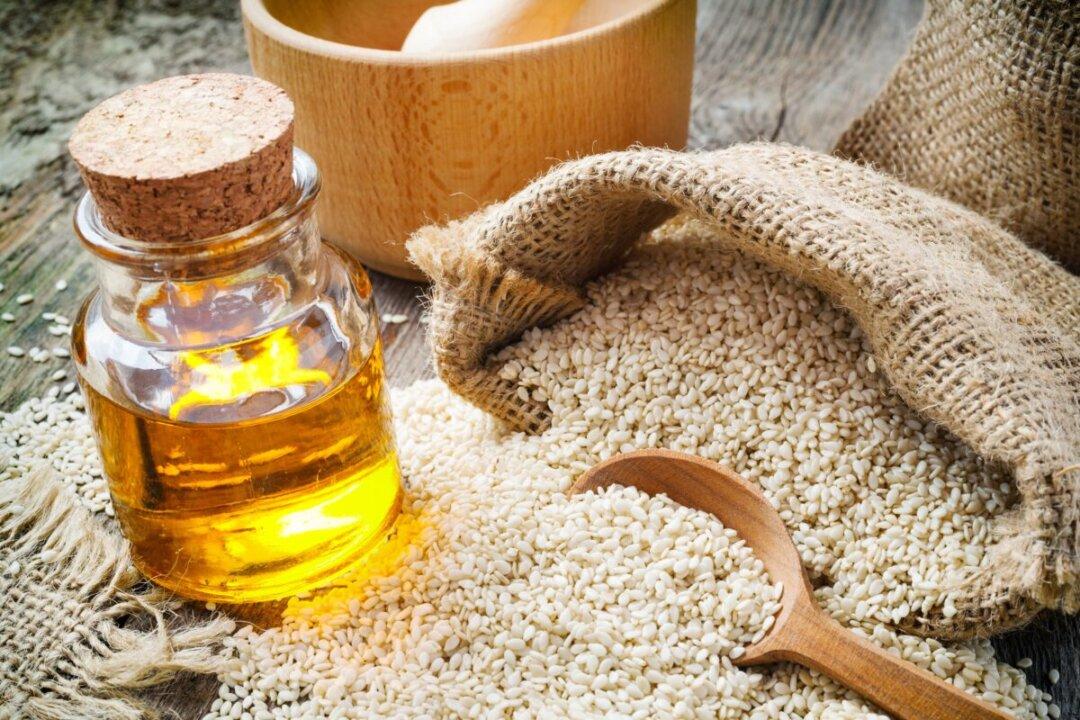In “Ali Baba and the Forty Thieves,” the legendary phrase “open sesame” opens the mouth of a cave where a treasure lies hidden. In a delightful bit of symmetry, opening sesame pods also delivers a treasure of benefits for human health and well-being.
Sesame seeds are a reservoir of nutrients, including important vitamins and minerals, phytosterols, polyunsaturated fats, tocopherols, and lignans such as sesamin and sesamolin.





